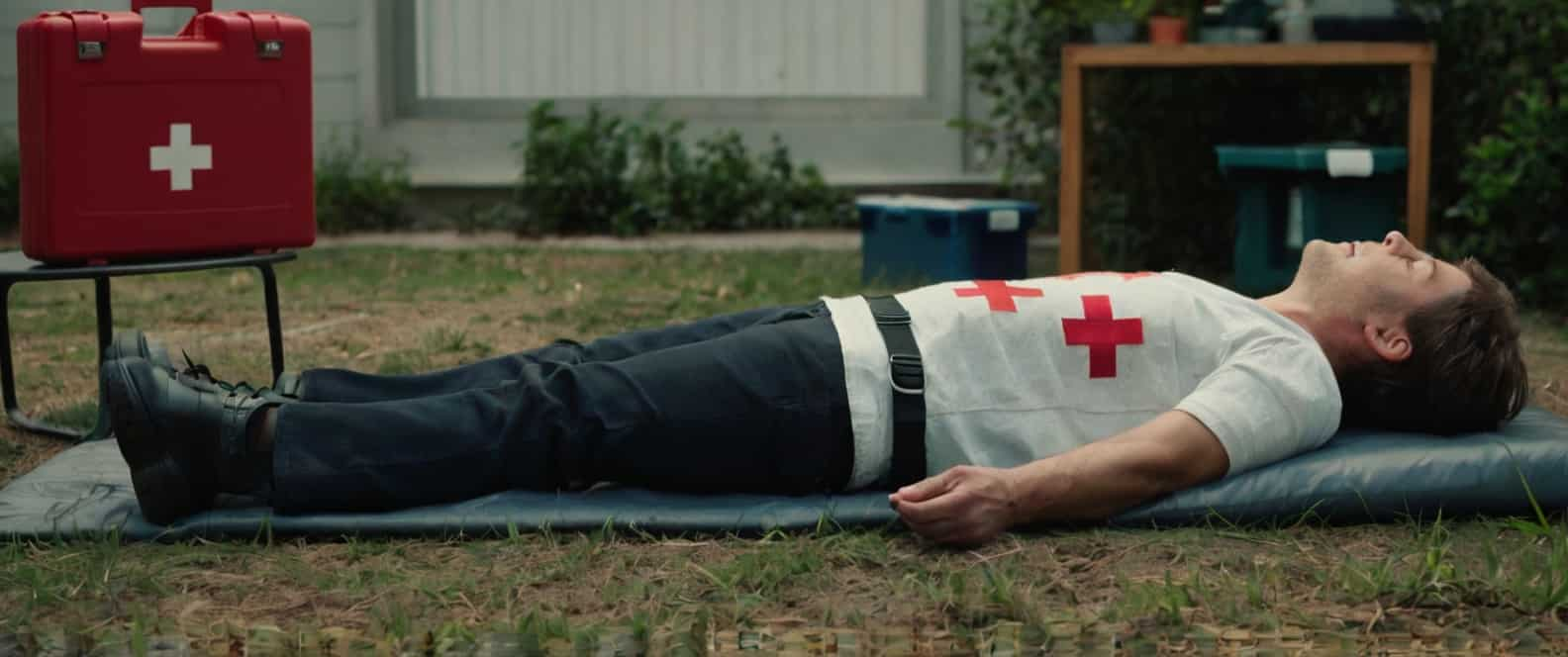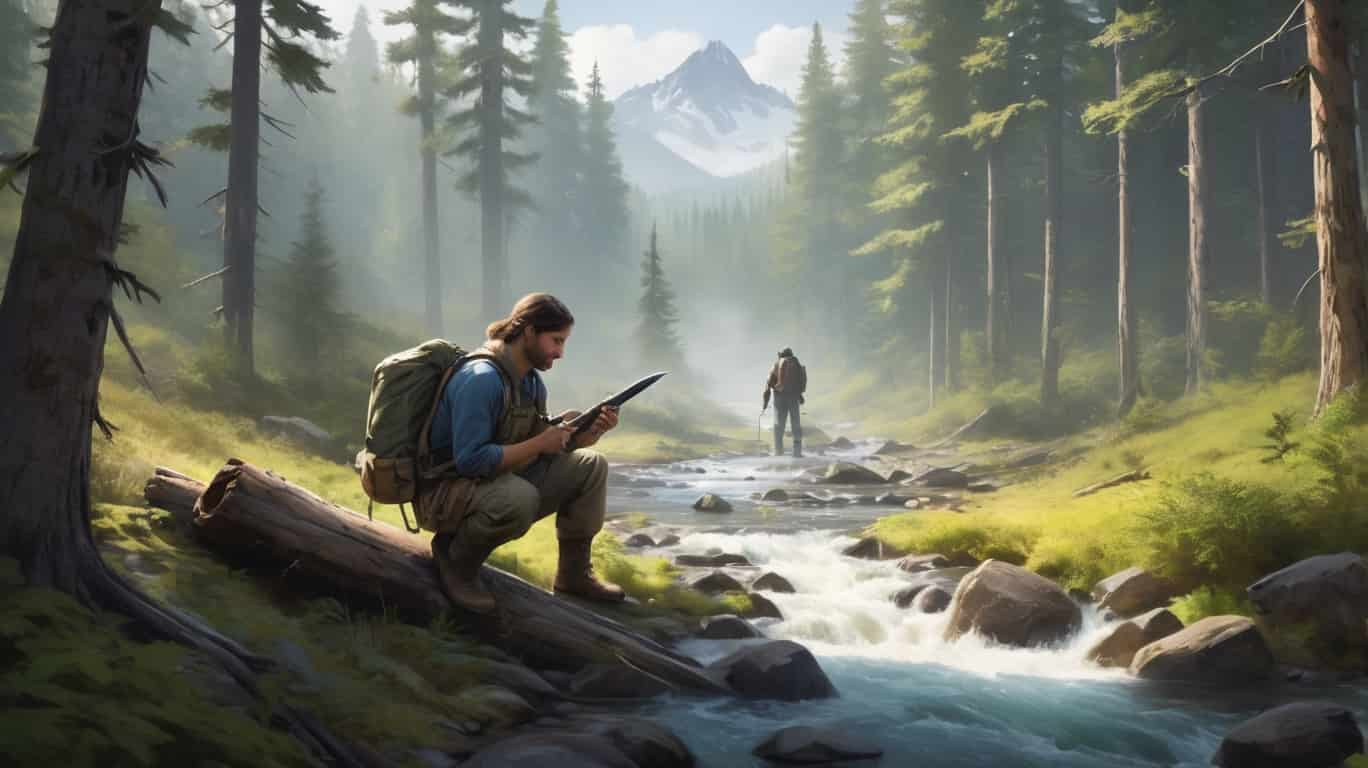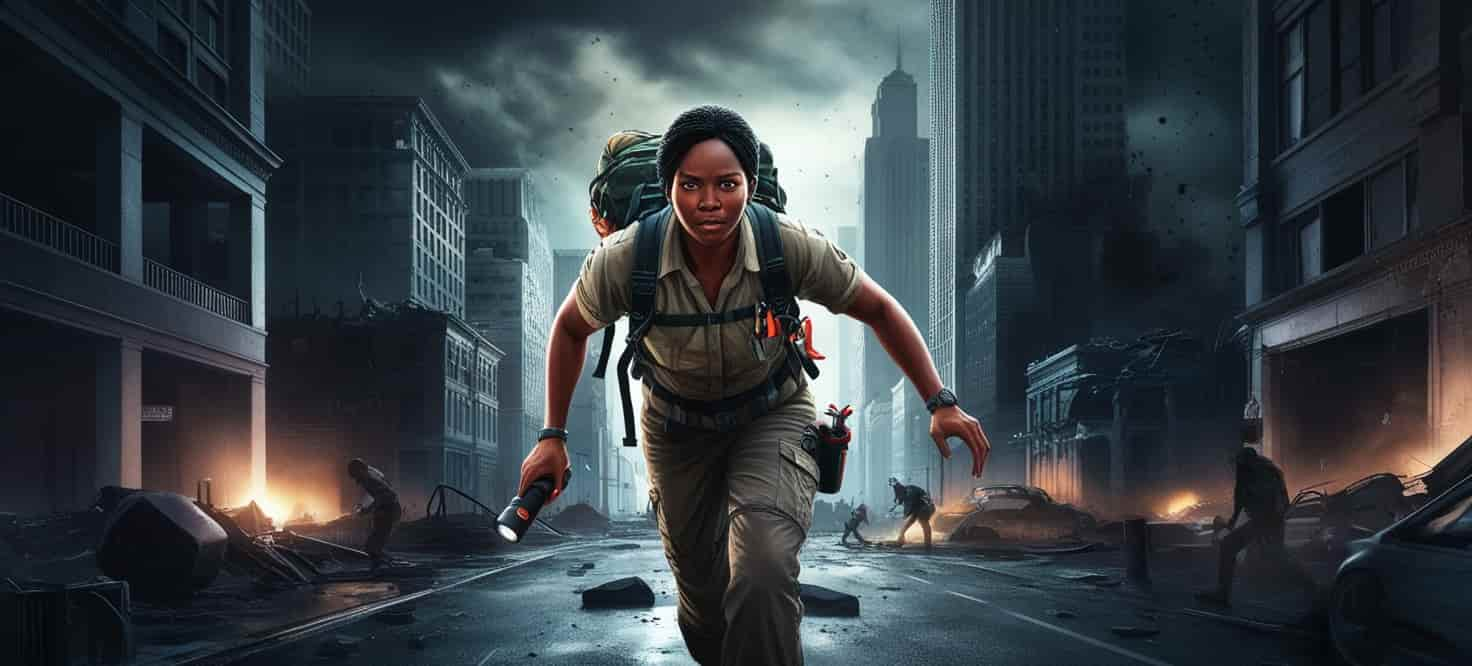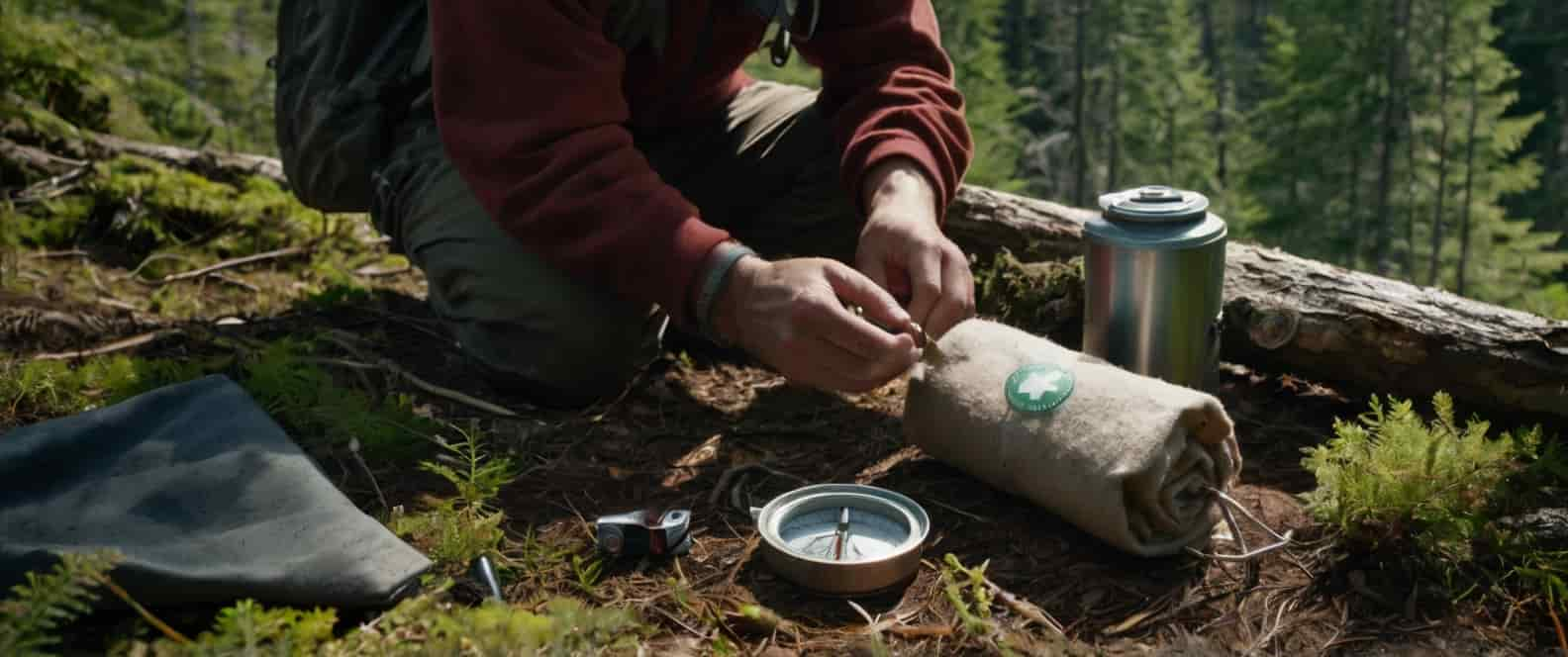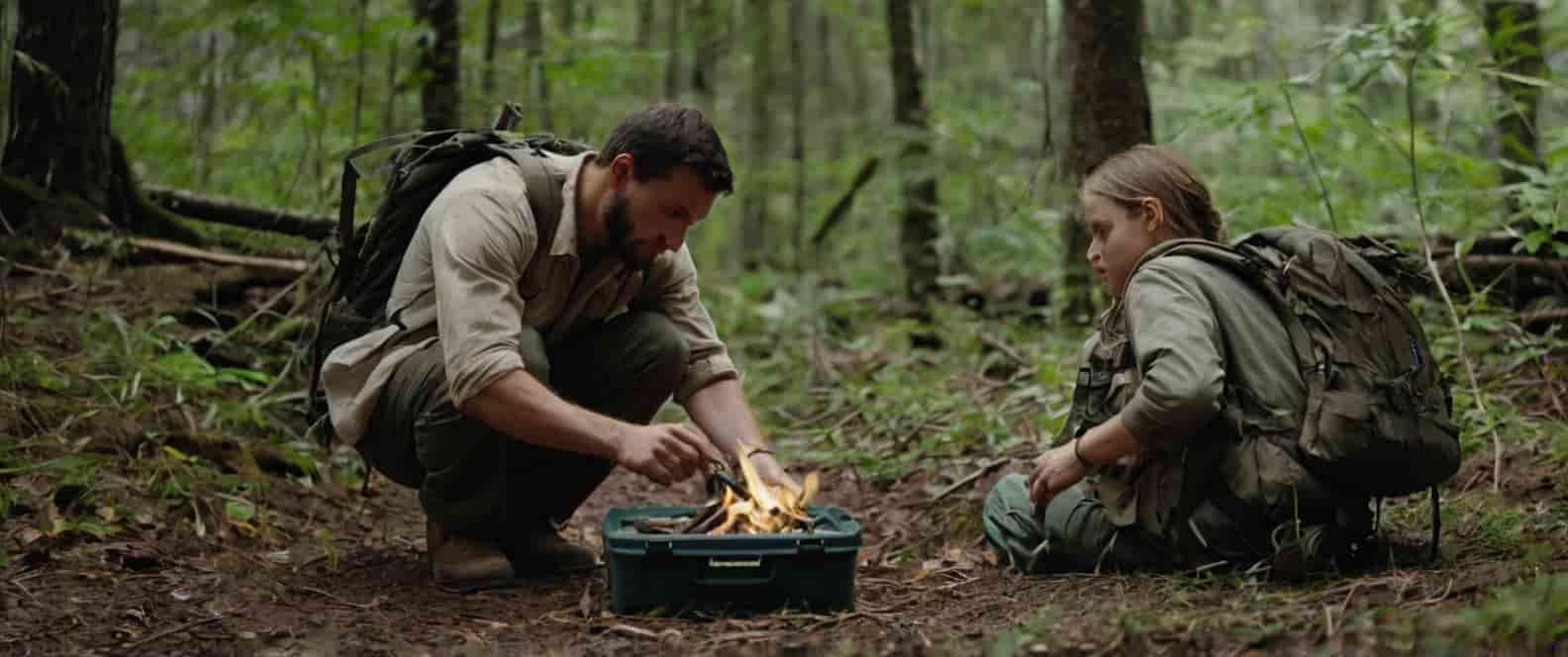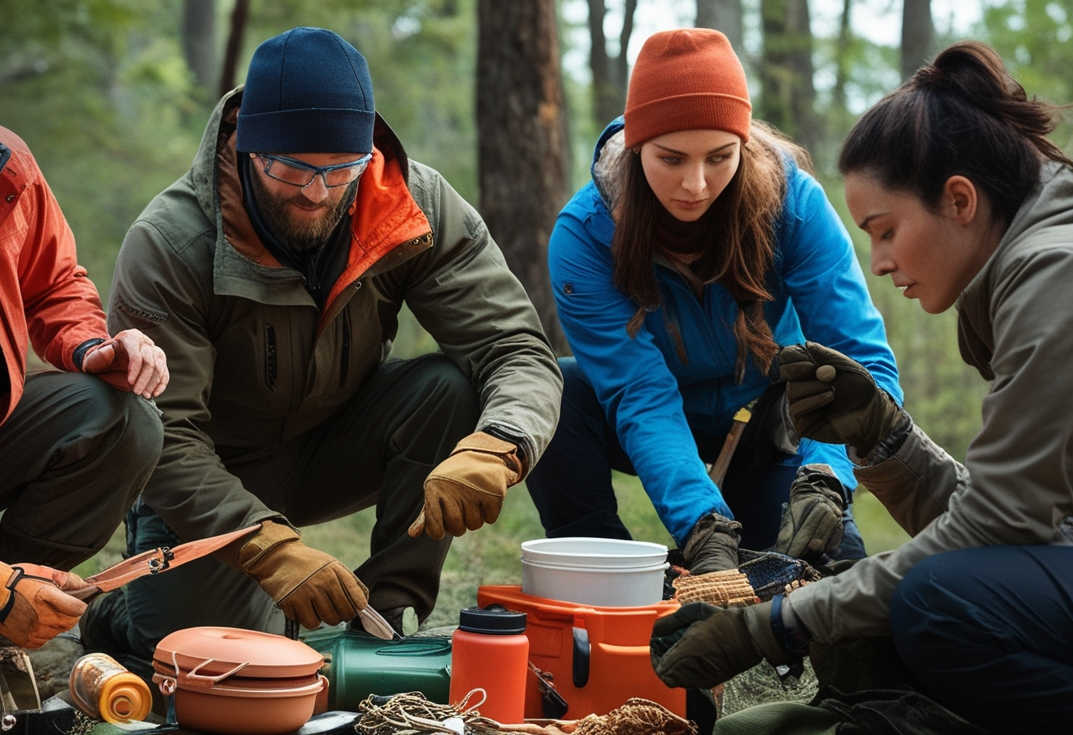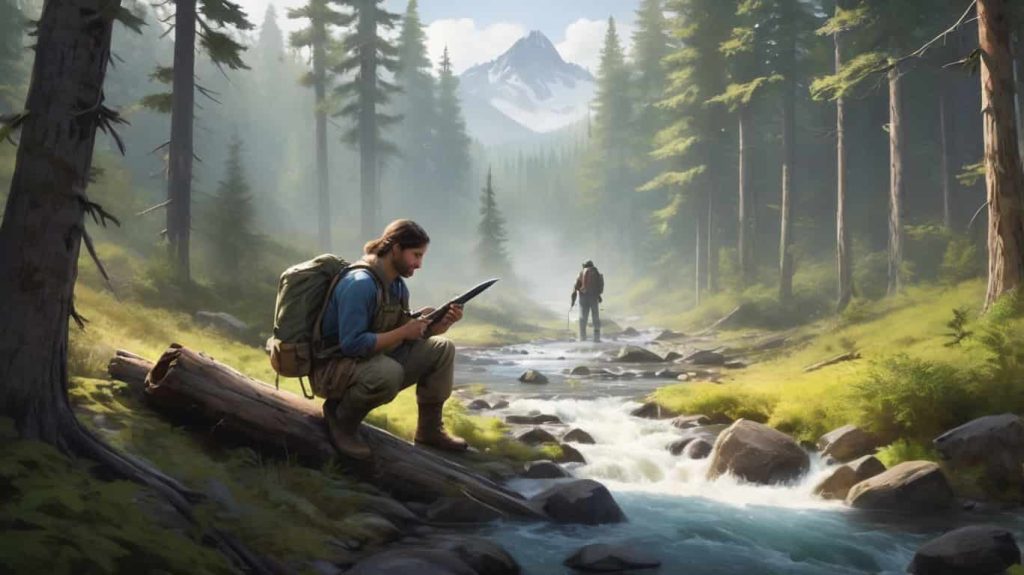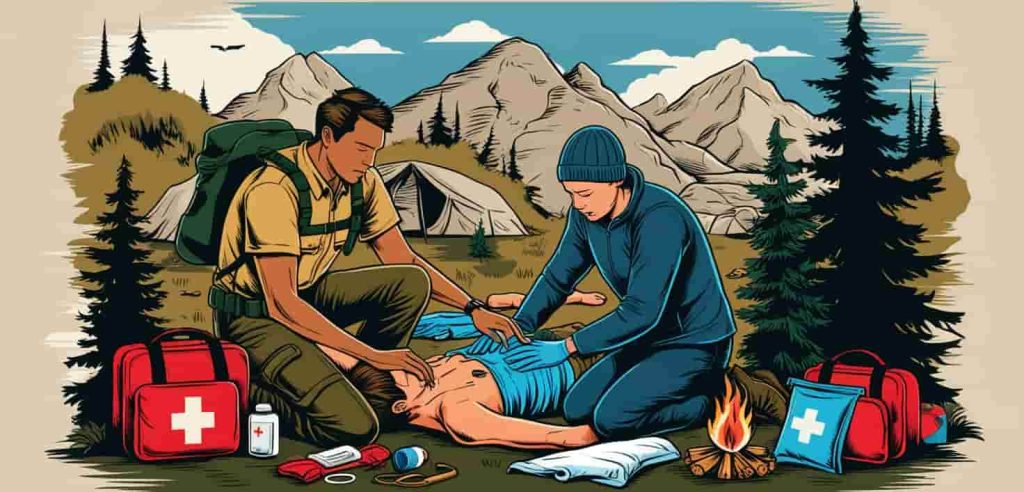Survival skills are the essential abilities and knowledge needed to sustain life and ensure safety in challenging and potentially life-threatening situations. These skills encompass a wide range of disciplines, from wilderness survival and urban preparedness to self-defense and emergency medical care.
One of the fundamental survival skills is the ability to find and purify water. Understanding how to locate natural water sources, use purification tablets, or create a makeshift filter can prevent dehydration and waterborne illnesses. Similarly, knowing how to procure and prepare food from the environment, whether through foraging, fishing, or hunting, is crucial for maintaining energy and health.
Shelter-building is another critical survival skill. The ability to construct a safe and weather-resistant shelter using available materials can protect you from the elements and provide a sense of security. Learning various fire-starting techniques, such as using a flint and steel or friction methods, is essential for warmth, cooking, and signaling for help.
First aid and medical skills are indispensable in survival situations. Basic knowledge of wound care, CPR, and treating common injuries and illnesses can save lives and prevent complications. Additionally, self-defense skills, including basic martial arts and the use of improvised weapons, can provide protection against threats.
Navigation and communication skills are also vital. Being proficient in reading maps, using a compass, and understanding natural navigation cues can help you find your way in unfamiliar territory. Effective communication, whether through signaling, radio use, or other methods, ensures you can relay your location and needs to rescuers.
By continuously learning and practicing these survival skills, you can increase your confidence and capability to handle any situation that arises, ensuring your safety and well-being.
Related Posts
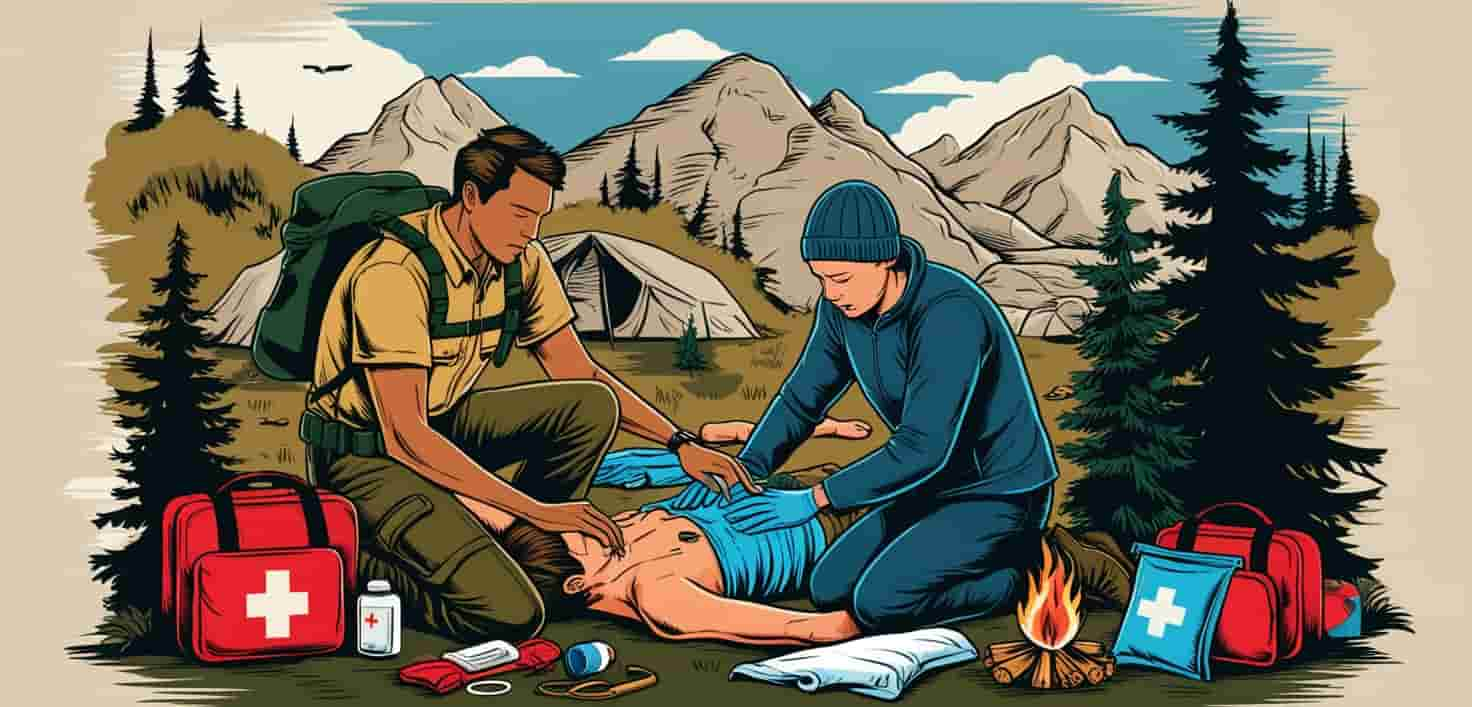
Essential First Aid Techniques for Survival Situations
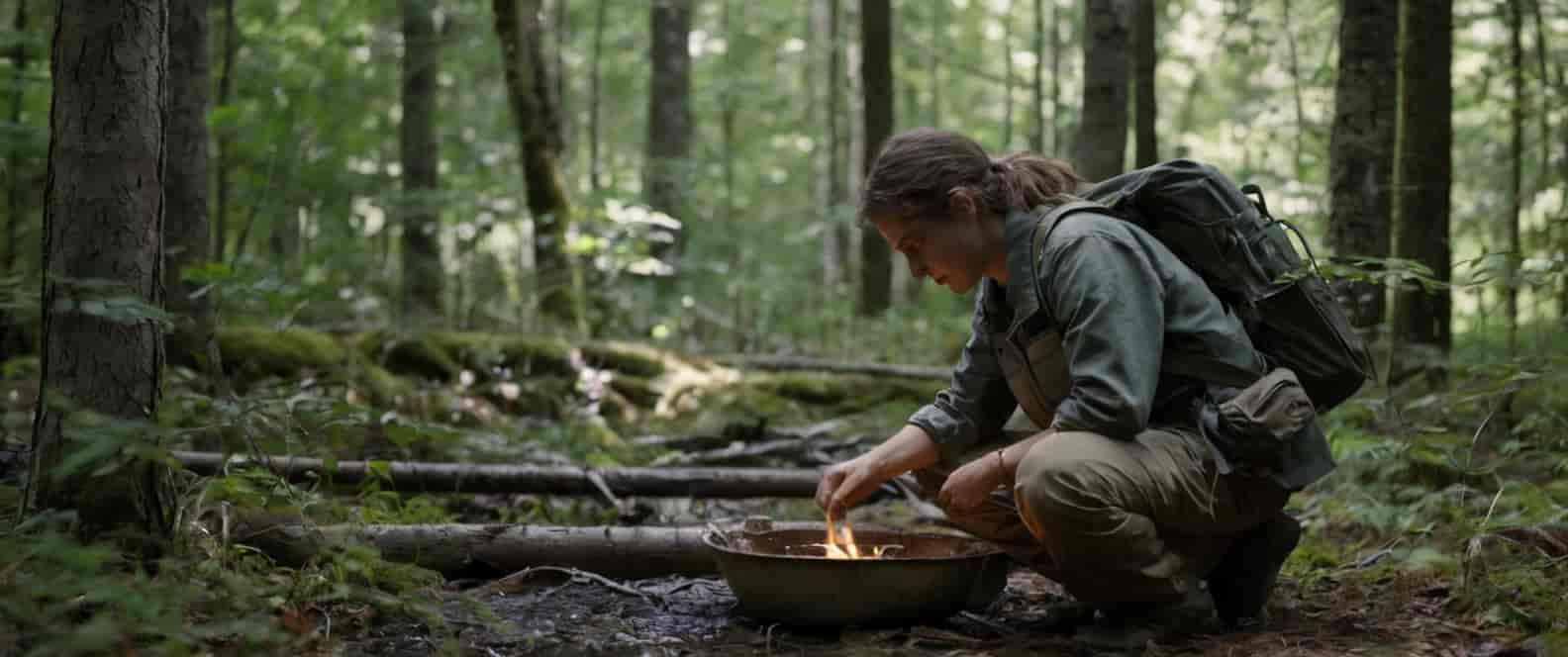
Essential Fire Starting Techniques for Wilderness Survival

Urban Survival: How to Stay Safe in the City
